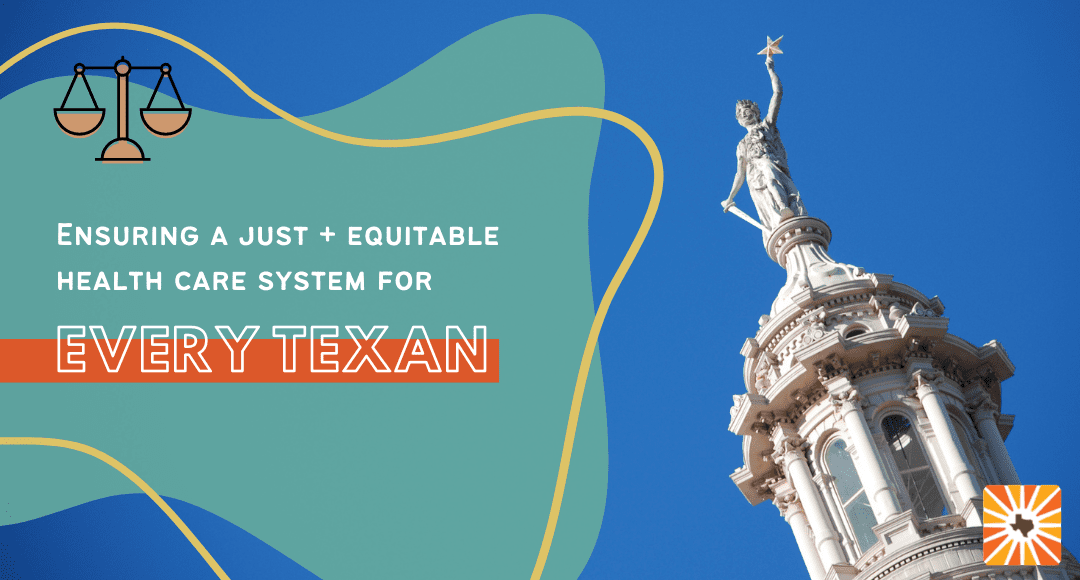Every Texan is an independent public policy organization that uses data and analysis to advocate for solutions that enable Texans of all backgrounds to reach their full potential. We believe all Texans should have access to high-quality education that aids in their social and economic well-being.
The property tax rate compression, passed as part of HB 3 in 2019, is growing the state’s share of school funding but does not benefit our classrooms. While HB 3 made an ongoing financial commitment to property tax cuts, no similar promises were made to the children of Texas to keep pace with rising education costs or fix other funding shortfalls.

The most harmful aspect of HB 3 is that it forces individual school districts to compress property tax rates based on property value growth that is greater than statewide average growth. As a result, the main property tax rate used to support schools varies across districts rather than everyone taxing at the same rate and receiving similar levels of revenue. This undermines the goal of statewide equity in our school finance system, adopted by the Legislature decades ago.

With a record beginning balance of $32.7 billion, the 88th Legislature made the decision to prioritize tax cuts over investment in our students and teachers. The 2024-25 budget included $17.6 billion in school property tax cuts. If that money had been spent on our schools instead, every district would have received an additional $3,454 per student in ADA (average daily attendance).
The budget is a declaration of values, and a look at school funding over the years shows the Legislature is clearly prioritizing tax cuts over investments in the school children of Texas. Cumulatively, the Legislature has directed $34.8 billion dollars towards school property tax cuts since 2020. Yet, adjusted for inflation, real funding per ADA has declined by $1,419 since 2020 when HB 3 went into effect.

These Legislative Budget Board estimates include $3,962.7 billion set aside for schools in the 2024-2025 budget that are being held hostage by Gov. Abbott because the Legislature did not pass a private school voucher bill.
The main driver of this decline in funding is that the basic allotment has remained stagnant at $6,160 since 2019. If adjusted for inflation, the basic allotment would be $7,546 today. That is an increase of $1,386 per ADA over the current value.

Adjusting the basic allotment for inflation is not enough. The basic allotment, the primary building block for the school finance system, is completely arbitrary. Instead, the Legislature should base it on what it costs to provide a high-quality education to our students and a living wage to teachers and other school employees.
Funding our schools is not a question of money. It is about priorities. Further tax compression and efforts to eliminate the M&O tax (maintenance and operation) puts our kids last. Before directing another dollar to school property tax cuts, the Legislature should:
- Conduct a cost study to determine an adequate level for the basic allotment, and then adjust that amount annually for inflation;
- Fund schools based on enrollment rather than attendance;
- Provide full-day funding for full-day Pre-K, rather than the current half-day funding;
- Increase the weights for emergent bilingual and low-income students;
- Provide free school meals for all children;
- Revamp special education funding based on recommendation made by The Commission on Special Education Finance.
